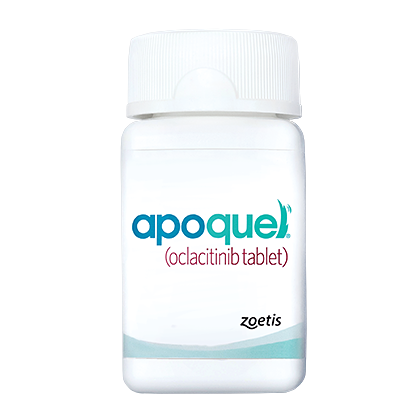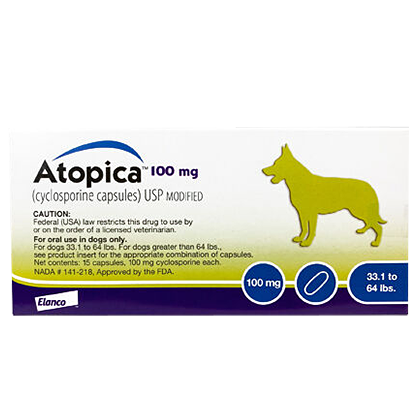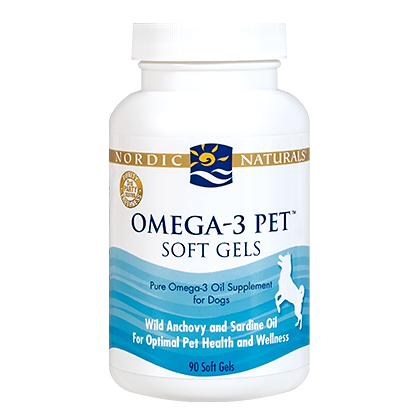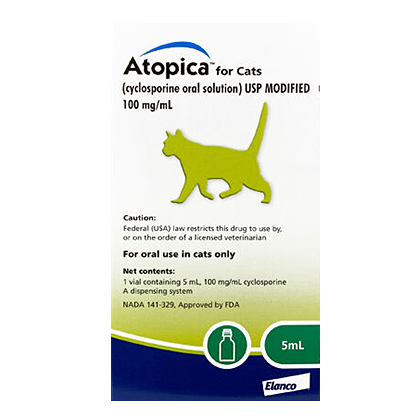Skin and Coat Health for Pets
Your Pet's Skin and Coat is a Reflection of Their Overall Wellness
Dryness, flaking, itching, hot spots, and excessive shedding can point to skin issues like flea allergy dermatitis, food intolerances, environmental allergies, or a bacterial or fungal infection.
For pets with skin issues, their diet should support skin health and recovery. A healthy diet fortified with skin-building supplements like omega-3 fatty acids can improve symptoms like itching and dryness.
Topical treatments can provide immediate symptom relief. Medicated shampoo gently clears infections and allergens and soothes irritation. Additional treatment may be needed to keep symptoms from returning. For pruritus that persists, talk to your veterinarian.
Why Skin and Coat Health is Important
Your pet's skin is their body's largest organ.
Just like the gut, the skin has a natural microbiome loaded with "good" bacteria that helps them stay healthy. Itchy, irritated skin is a sign that your pet's biome is out of balance.
Treating skin and coat issues reduces itch, plus offers numerous health benefits including:
- A strong natural barrier against moisture, bacteria, and viruses.
- Reduced shedding and regrowth of bald and thinning patches.
- No more unpleasant "popcorn" body odor.
- Relief from anxiety associated with pain and discomfort.
Unresolved health conditions can mean itch, dryness, and dullness that keeps coming back. By treating underlying issues and restoring the microbiome's balance, you can see long-term improvements in the health and appearance of your pet's skin and coat.
Skin and Coat Solutions for Pets
Shop skin-soothing shampoos, coat-building supplements, and prescription allergy medications at PetMeds®.
Keep Itchy Skin In Check With AutoShip
Save 35% OFF your first AutoShip order | Use code SAVE35 in cartFrequently Asked Questions About Skin & Coat Health
Environmental allergens like grass, mold, pollen, and fleas can also affect pets. Your pet can be tested for intolerances at your vet’s office or with an at-home test.
What if I still have questions about my pet's skin and coat health? Learn more with our free Pet Health Advice resource center. If your pet has severe symptoms or if their itch persists, make an appointment with your veterinarian.









































